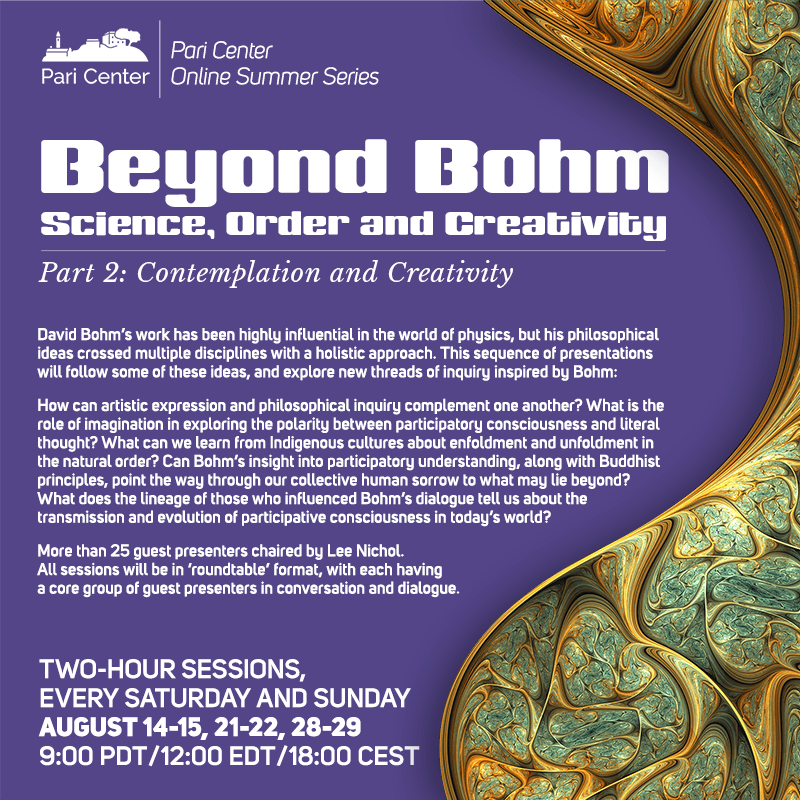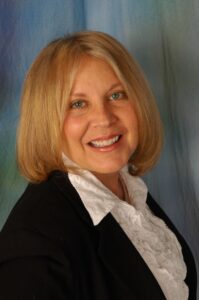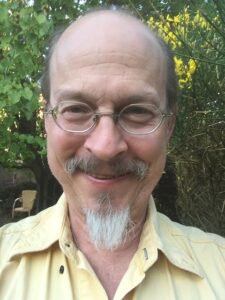Your cart is currently empty!

Dialogue’s Lineage and the Transmission of Participative Consciousness
- This event has passed.
August 28, 2021 @ 6:00 pm – 8:00 pm CEST

Buy the recording

Dialogue’s Lineage and The Transmission Of Participative Consciousness with Beth Macy, Mark Ryan and Lee Nichol
Dialogue’s Lineage and the Transmission of Participative Consciousness
with Beth Macy, Mark Ryan and Lee Nichol
Saturday August 28, 2021
9:00 PDT | 12:00 EDT | 17:00 BST | 18:00 CEST
2-hour session
If you are unable to attend the live session, the recording will be available.
Dip with Beth Macy into her research archives of the lineage of Bohm’s dialogue. Pursue with her core aspects of each lineage member’s own early lifetime wounding as well as later cultural and professional alienation, and the impact of these dynamics on lineage members’ resulting contributions to Bohm’s ideas of “participation” in dialogue. And then, explore the meaning as it flows through the whole of the lineage and those to whom dialogue’s participative spiral of meaning unfolds, transforms and re-enfolds.
From the perspectives of the history of thought, Jungian psychology, mythology, and Barfield’s participatory consciousness, panel members will explore the following questions:
- What is the potential impact that early trauma and later professional alienation might have had on lineage members’ connection to a higher form of consciousness?
- What about Bohm’s assertion that with sufficient capacities of suspension and proprioception an individual could experience direct perception and participation with the intelligence of the universe? Is that really possible?
- Bohm also suggests that if a group of individuals have developed this capacity of direct perception, then together their consciousness can form one “consensual mind” which vastly expands the power of participation with universal intelligence.
- Did the recurring evolution of participative consciousness which occurred through the lineage happen solely by chance? Or, was there a higher intention that guided each of their efforts? Were their ideas part of one, intentional flow? If so, is that higher intention perhaps still transmitting of an even further evolution of participative consciousness today?
Seminar participants are encouraged to read Beth’s article “The Backstory of David Bohm’s Dialogue” describing the dialogue’s lineage prior to the session: https://paricenter.com/library/pari-perspectives-issue-6-in-memoriam-david-bohm/the-backstory-of-david-bohms-dialogue/
To see the Full Beyond Bohm Series

Beth Macy, PhD, organizational consultant, Bohmian dialogue practitioner
The common thread weaving through Beth’s career has been change, having been a manager, leader, consultant or participant in organizations experiencing difficult issues: organizations from small to large, private to public, non-profit to profit, health care to oil and gas, local to global. David Bohm’s dialogue has been core to her research, writing, consulting and teaching for nearly three decades. Living in the USA (Texas) she is completing a book on the ideas and individuals who influenced Bohm’s methodology of dialogue.

Mark B. Ryan is an historian of American thought and culture, Mark Ryan was Dean of Jonathan Edwards College and a teacher of American Studies and history at Yale University for more than twenty years. Subsequently, he was Titular IV Professor at the Universidad de las Américas in Puebla, Mexico, where he also served as Dean of the Colleges, Regente (Head) of José Gaos College, and Coordinator of the master’s degree program in United States Studies. He holds Ph.D. and M. Phil. degrees from Yale, an M.A. from the University of Texas at Austin, and a B.A. from the University of St. Thomas. Mark is author of A Different Dimension: Reflections on the History of Transpersonal Thought (Westphalia Press, 2018), A Collegiate Way of Living (Yale University, 2001), articles in various journals on higher education, and articles in TheJournal of Transpersonal Psychology and related publications on the history of psychology. He is certified by Grof Transpersonal Training as a practitioner of Holotropic Breathwork, served for fourteen years on the Board of Trustees of Naropa University, is past chair of the Board of Directors of Wisdom University, and current Chair of the Jonathan Edwards Trust at Yale.

Lee Nichol, Bohm collaborator, editor, educator
Lee Nichol is the editor of David Bohm’s On Dialogue; On Creativity; and The Essential David Bohm. From 1980-1992 he collaborated with Bohm on various aspects of dialogue, consciousness, and education.
He has been on the faculty of the Arthur Morgan School in Celo, NC; of the Oak Grove School in Ojai, CA; of the Nyingma Institute in Berkeley, CA; and of Denver University in Denver, CO.
Lee is currently at work on a new book – Entering Bohm’s Holoflux – to be released in July 2021 by Pari Publishing.
